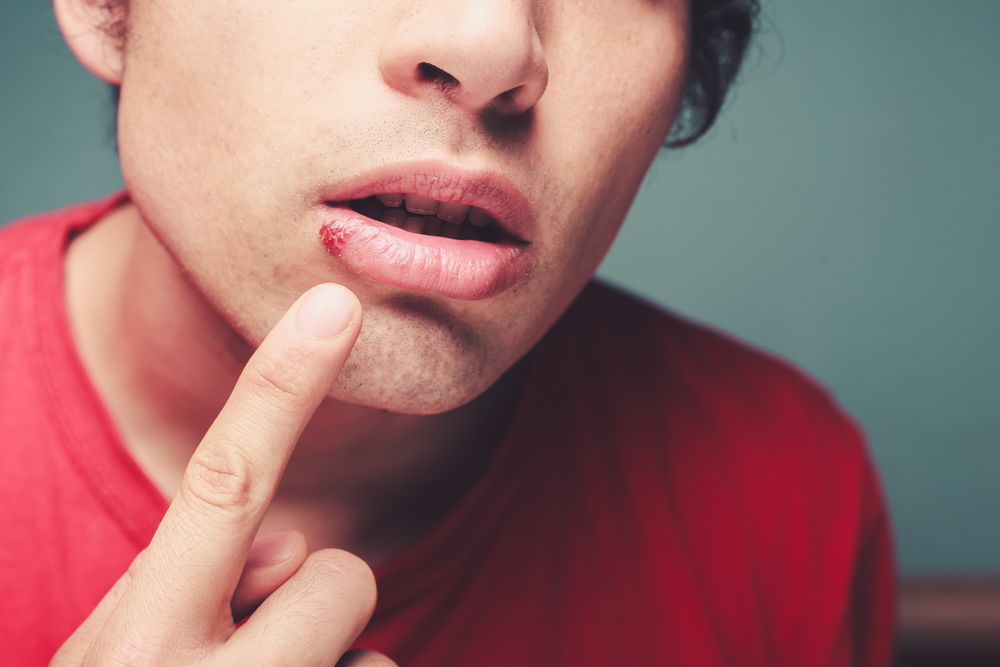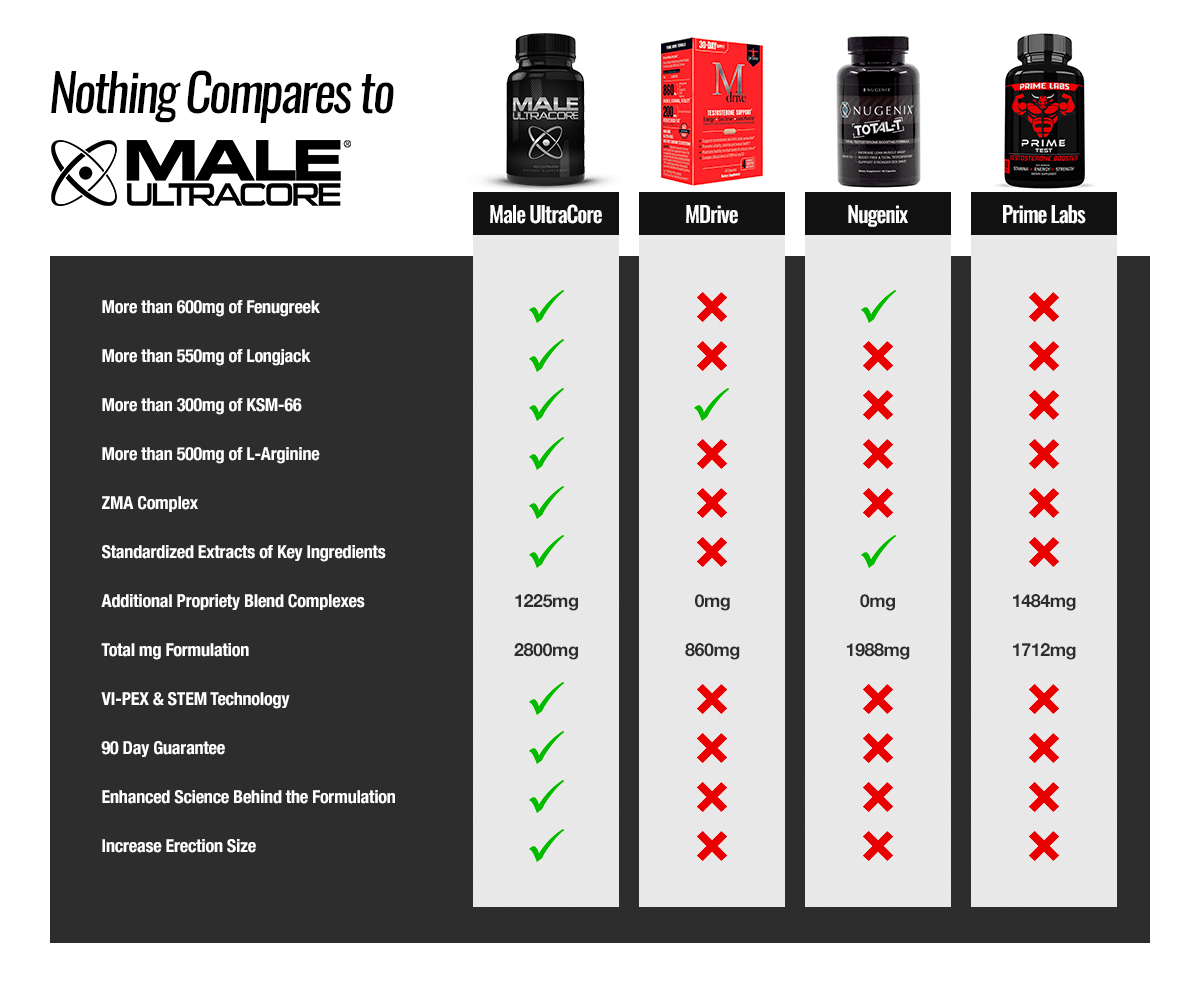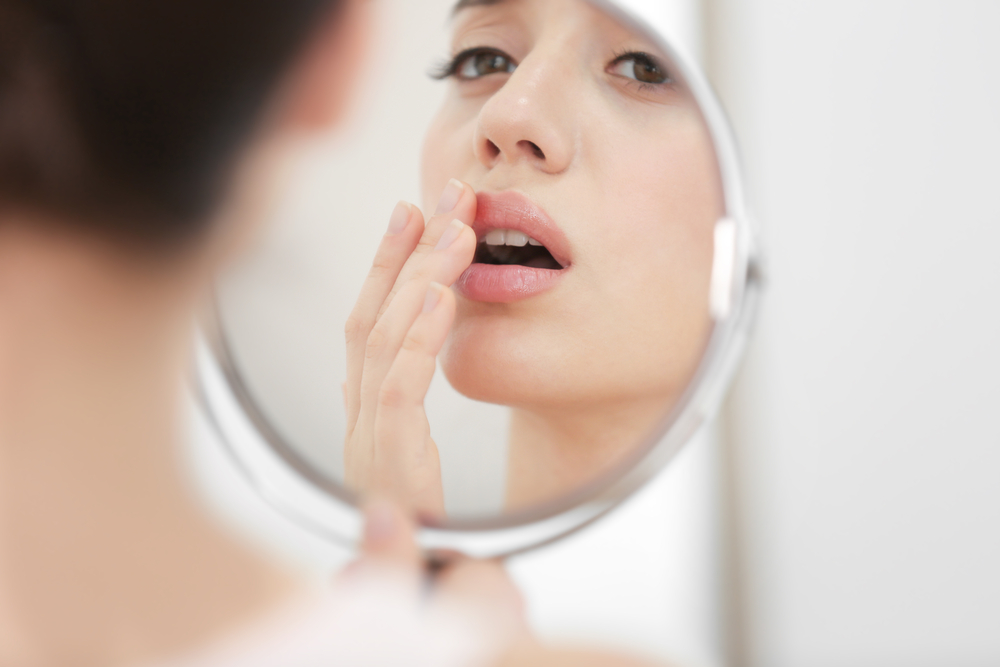If you happen to find fluid-filled blisters growing in clusters on your lips or around your mouth, you should see your doctor right away. Fever blisters, more popularly known as cold sores, are actually caused by the herpes simplex virus.
This means that you have acquired a sexually transmitted disease if you have cold sores. Unfortunately, this type of STD stays with you for the rest of your life. Read on and learn more about cold sores.
Overview
There are several types of herpes simplex virus (HSV), but the ones that are commonly associated with cold sores are HSV1 and HSV2. You can actually contract either oral or genital herpes with both types of herpes simplex virus.
However, HSV2 more often causes genital herpes, but it could also cause cold sores. While HSV1 is more commonly associated with oral herpes, the virus can also cause genital herpes. Experts estimate that around 80% of oral herpes cases are caused by HSV1.
How Are Cold Sores Transmitted?
The reason why oral herpes is so prevalent is that it’s easily transmitted. Even when you’re just sharing eating utensils with someone who has oral herpes, you can get infected too.
In fact, because of the ease of transmission, cold sores are extremely contagious. More than half of the global population have HSV1. The CDC estimates that the prevalence of herpes among Americans aged 14-49 years is around 12%.

The herpes simplex type 1 virus can be transmitted through infected saliva. This means that you can acquire the disease if you kiss someone who has oral herpes. Just like other STDs, HSV1 can also be transmitted during sex.
If you have cold sores and you engage in oral sex with your partner, your partner could become infected and develop genital herpes. In the same manner, when your partner has cold sores and you receive oral sex, you could also get infected and develop genital herpes.
In truth, you can easily get infected if you have any skin contact with a cold sore. If you touch someone’s cold sore, the virus can transfer to your fingertips. Touching a cold sore and then accidentally rubbing your eye is one of the most common reasons why people get ocular herpes.
Unfortunately, you can still acquire the disease even if the other person does not have any visible cold sores. If you happen to share bodily fluids with an infected person, then chances are high that you will also get infected.
What are the Symptoms of HSV1?
Cold sores are a hallmark symptom of oral herpes. However, if it’s your first outbreak, you may also suffer other symptoms. Because the initial outbreak of cold sores can be very painful, you may find it difficult to eat or drink, which is why dehydration sometimes happens.
The initial outbreak is usually the worst, while recurrent outbreaks may be accompanied by fewer symptoms. Fever, muscle aches, sore throat, and swollen lymph nodes are common symptoms associated with an initial outbreak of cold sores.
Although cold sores typically form on the lips, they may also grow on your tongue. If the sores form on your gums, your gums may become painful. They may grow swollen and even bleed.
Cold sores may also form on the inside of your cheeks and on the roof of your mouth. In some instances, cold sores also form on the throat and cause a grayish coating on the tonsils. If the blisters occur around your mouth, they may also extend down to your chin and neck.
When cold sores recur, you’ll learn to recognize the tingling and itching sensation that signals another outbreak.
How Do You Recognize A Cold Sore?
Fever blisters can actually grow on any part of the body. It’s just that they usually appear on the lips or around the mouth. The blisters usually appear irritated, and they are either pinkish or reddish in color.
However, cold sores can also grow on your cheeks, nose, inside your mouth, and even on your fingers. Cold sores on the fingertips are called herpes whitlow. If they form around your eyes, they are called ocular herpes.
Before the blisters appear, you’ll most likely experience an itching sensation on the spot where the sores will grow. After they form, the blisters become filled with fluid. The blisters will then break, and the fluid will ooze out of the sores.
After that, you’ll notice a scab or yellow crust over the blister. Cold sores usually don’t cause scars when the crust falls off. However, if you pop or squeeze a cold sore, it can become inflamed and cause a scar.
An outbreak of cold sores may last for a week or two. The blisters usually heal and disappear on their own, even without treatment. Note that when a cold sore is not yet completely crusted over, it’s highly contagious. If you see someone with a cold sore outbreak, try to avoid any type of skin contact.
Is It Possible to Treat Cold Sores?

Unfortunately, because a herpes simplex virus infection is lifelong, cold sores cannot be completely cured. However, there are treatments available to help hasten the healing, lessen the pain, and help you manage the symptoms.
Doctors may recommend suppressive therapy to lessen the frequency of outbreaks or reduce the severity of your symptoms. Medications used for the treatment of cold sores include oral antiviral medicines.
Valaciclovir, famciclovir, and acyclovir are the most commonly prescribed medicines for cold sores. Oral antiviral medicines are best taken within 2 days after the onset of the outbreak.
You can also use cold sore creams, although their primary use is to speed up the healing and minimize the pain. Your doctor may also prescribe an anesthetic gel if your cold sores are extremely painful. Alternatively, you can also take over-the-counter pain relievers such as acetaminophen.
The Bottom Line
Colds sores are symptomatic of a sexually transmitted viral infection. If you do happen to suffer an outbreak, make sure that you abstain from sexual activities to prevent spreading the disease.
Increase Your Testosterone Levels with Testosterone Boosters
Male UltraCore is a premium testosterone boosting supplement that is designed to maximize test levels, increase your performance and drive, and give you harder and fuller erections. 





